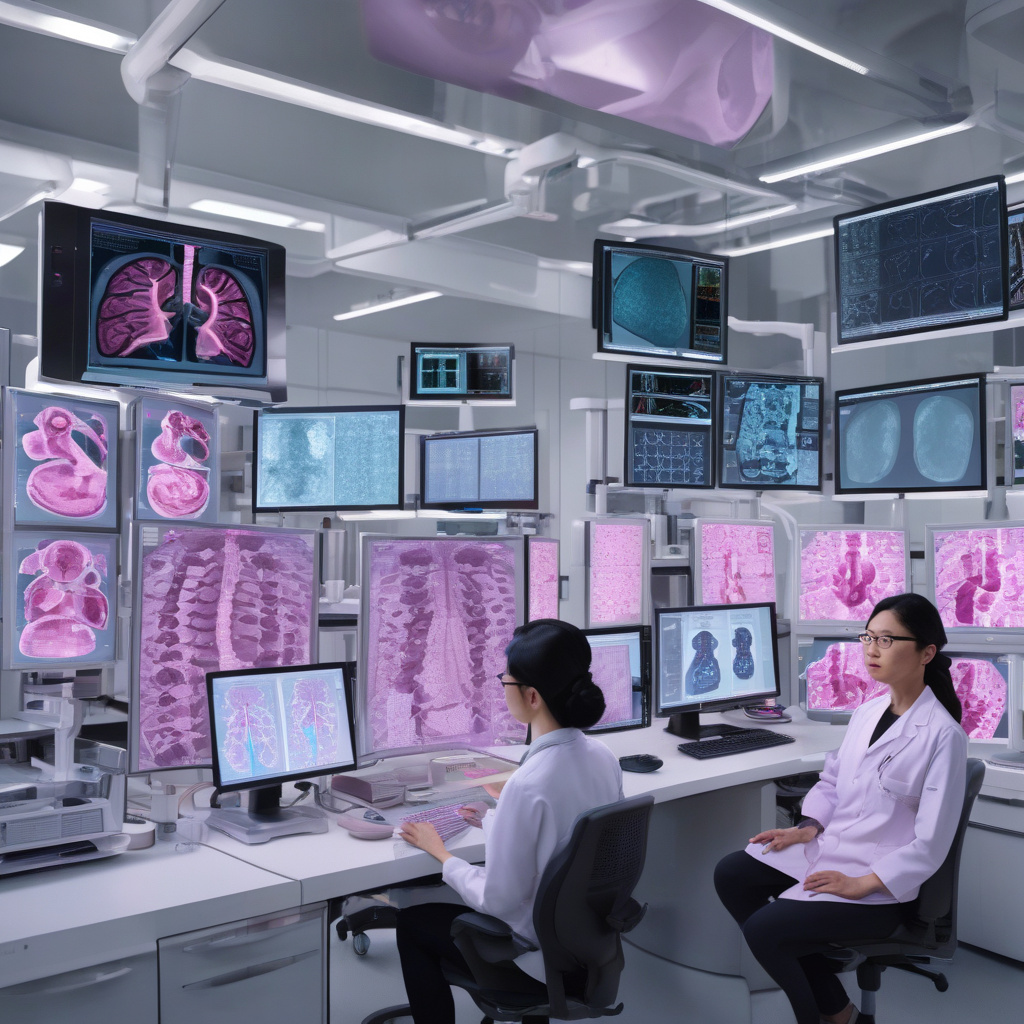Hong Kong’s Groundbreaking AI Tool Competes with Expert Radiologists in Breast Cancer Diagnosis Accuracy
Hong Kong has recently made headlines in the medical field by introducing a cutting-edge artificial intelligence (AI) tool designed for breast cancer diagnosis. This innovative technology has been found to rival expert radiologists in the accuracy of tumor classification, marking a significant advancement in the early detection and treatment of breast cancer.
The development of this AI tool represents a major milestone in the ongoing efforts to improve diagnostic capabilities in the field of oncology. By harnessing the power of machine learning and data analysis, researchers and healthcare professionals in Hong Kong have created a tool that not only streamlines the diagnostic process but also enhances the accuracy of tumor classification.
One of the key advantages of this AI tool is its ability to process vast amounts of data with remarkable speed and precision. By analyzing medical images and patient data, the AI tool can identify subtle patterns and anomalies that may not be easily detectable by the human eye. This not only expedites the diagnostic process but also reduces the margin of error, leading to more reliable and consistent results.
In a series of comparative studies, the AI tool was pitted against expert radiologists in the task of classifying breast tumors based on medical images. The results revealed that the AI tool demonstrated a level of accuracy that was on par with, if not superior to, that of experienced radiologists. This suggests that AI-powered diagnostic tools have the potential to complement and enhance the capabilities of healthcare professionals in the field of radiology.
Furthermore, the implementation of AI technology in breast cancer diagnosis holds the promise of improving patient outcomes and survival rates. By enabling earlier detection of tumors and more accurate classification of cancer subtypes, this AI tool can help oncologists tailor treatment plans to the specific needs of each patient, ultimately leading to more effective and personalized care.
While the introduction of AI tools in medical diagnostics is a significant step forward, it is important to note that these technologies are designed to augment, rather than replace, the expertise of healthcare professionals. By combining the analytical power of AI with the clinical judgment of radiologists and oncologists, healthcare providers can offer patients a more comprehensive and accurate diagnosis, leading to better treatment outcomes.
As the field of AI continues to advance, we can expect to see further innovations in medical diagnostics that will revolutionize the way we detect and treat diseases such as breast cancer. The development of AI tools like the one pioneered in Hong Kong underscores the transformative potential of technology in healthcare and highlights the importance of collaboration between researchers, healthcare providers, and technology experts in driving innovation in the field of medicine.
In conclusion, Hong Kong’s groundbreaking AI tool for breast cancer diagnosis represents a significant leap forward in the quest for more accurate and efficient diagnostic methods. By rivaling expert radiologists in tumor classification accuracy, this AI tool has the potential to revolutionize the field of oncology and improve patient outcomes. As AI technology continues to evolve, we can look forward to a future where advanced diagnostic tools work hand in hand with healthcare professionals to provide patients with the best possible care.
breast cancer, AI tool, Hong Kong, radiologists, tumor classification accuracy
